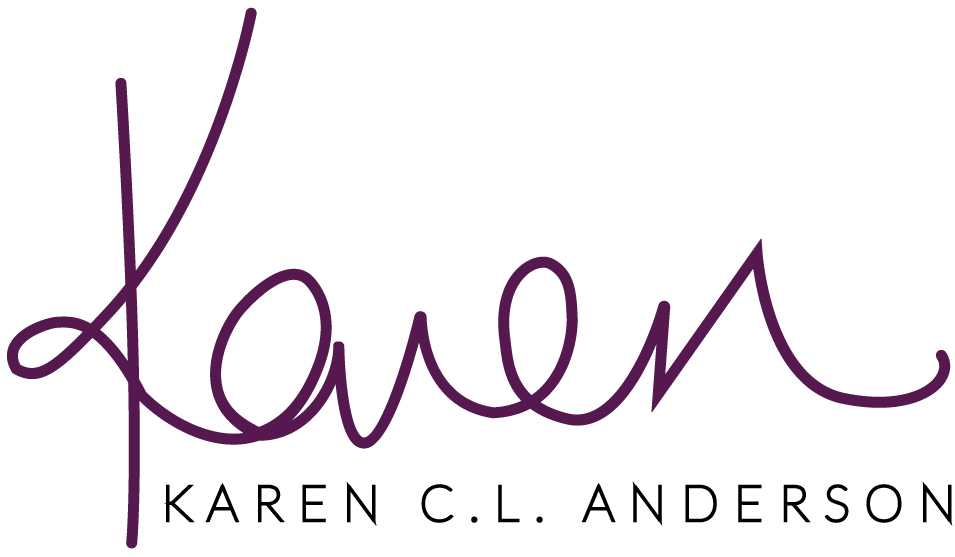This is how I free myself from shame every day...
I've been on a conscious journey to free myself from shame ever since I saw Brené Brown's TED talk about vulnerability and shame in 2012.
Here's what I have learned along the way:
First, shame isn’t just an emotion, it's a complex, layered experience that is part evolution, part physiology, part culture, and part emotion.
Second, we don't internalize shame because there's something wrong with us, it's an adaptation our young nervous systems make to keep us safe in overwhelming or distressing moments of relational rupture or disconnection. If no one helps us repair that rupture/disconnection and re-establish safety and connection, we internalize the shame and it becomes what feels like the truth of who we are.
Third, shame is powerful and painful enough to kick us into a stress/survival response (aka fight, flight, freeze, flop, fawn) and we often project it onto others to feel better.
Fourth, "just think positive about yourself" tends not to work, thus reinforcing the "something must be wrong with me" narrative.
Fifth, identifying the specific, core, internalized shame-based beliefs we have about ourselves can be a tender process...and it is the key to the freedom from shame we desire.
And finally, while we probably won't be able to completely rid ourselves of those beliefs (which is a relief when you think about it), we CAN change our relationship to them such that they lose their intense, debilitating, toxic sting.
There are strategies!
I do to three things to free myself from shame every day:
#1 I create safety with the Six Ns: Notice, Name, Normalize, Neutralize, Need, and Next
#2 I tap into my Intentional Identity
#3 I revisit my boundaries
Here's a very recent example.
While I was watching Michelle Obama's speech at the Democratic National Convention I NOTICED that I reacted when she said: "Kamala's mother told her 'Don't just sit around and complain...DO SOMETHING!'"
Every time she said "DO SOMETHING!" I felt it.
On the one hand, I was pumping my fist in agreement, but it also pinged all the flavors of...
"Stop playing the victim!" and "You must not want it if you're not willing to try!"
I NAMED it: "pathetic loser" and "selfish, spoiled brat" (two of my specific, core, internalized shame-based beliefs).
I NORMALIZED it: "it makes all the sense in the world that my shame is being triggered...this is the shame I internalized...I was socialized this way."
I NEUTRALIZED it by tracking and describing the sensations I felt in my body and the images it evoked.
I asked myself, what do I NEED and what (if anything) do I want to do NEXT?
This (and much more) is what I teach and what we practice in Shame School.
Because here's the thing: if you have internalized shame, someone telling you to "stop complaining and do something" will land differently than if you don't have internalized shame. It's why some people rise to the occasion and some do not (and if you, like me, see yourself in the "do not" category, again, it's not your fault, it's internalized shame).
There's a huge difference between someone telling you to "stop complaining and do something" because they are disgusted by you (and themselves) and they want to keep you small. Unable. Unsafe. Without agency...
...and someone telling you to "stop complaining and do something" because that person is calling to the greatness in you to do the thing YOU want to do.
Once you get a taste of that freedom, you won't want to go back. This is where innovation, creativity, and change happen.
Much, much love,
Karen
